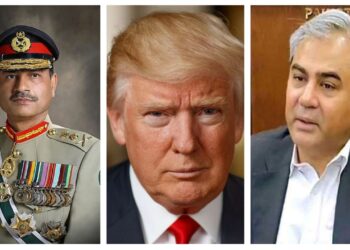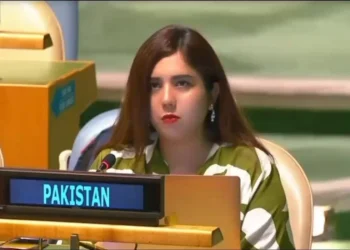Islamabad: President Asif Ali Zardari is expected to step down soon due to his worsening health, prompting the Pakistan Peoples Party (PPP) to consider appointing a senior party leader to fill the vacancy.
Sources familiar with the matter revealed that discussions are underway within the PPP to decide who will take over the country’s top constitutional office once President Zardari tenders his resignation.
Insiders revealed that three prominent PPP figures are currently being evaluated for the presidency. These include Chairman Senate Yousaf Raza Gillani, Faryal Talpur—sister of President Zardari—and former Prime Minister Raja Pervaiz Ashraf.
However, despite the speculation, Interior Minister Mohsin Naqvi on Thursday categorically dismissed the rumors circulating on social media suggesting that Chief of Army Staff, Field Marshal Asim Munir, would be appointed president following Zardari’s resignation.
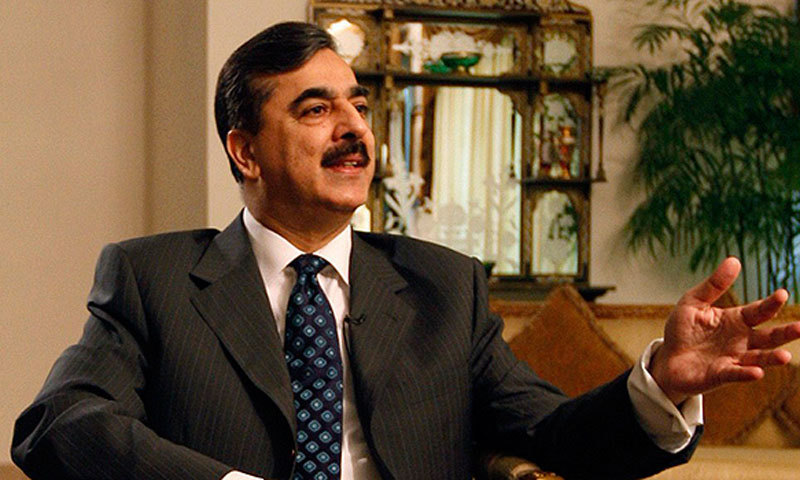
Political sources disclosed that Faryal Talpur’s potential nomination did not receive clearance from certain influential quarters. Although the reasons remain undisclosed, insiders hinted at reservations among the “authorities” regarding her candidacy. Similarly, the idea of nominating Chairman Senate Yousaf Raza Gillani also met resistance.
Sources explained that if Gillani were elevated to the presidency, his departure from the Senate could open the door for the Pakistan Muslim League-Nawaz (PML-N) to capture the crucial position of Senate Chairman, thereby altering the delicate balance of power in the upper house.
Given these considerations, the only name that has reportedly secured tacit approval so far is that of former Prime Minister Raja Pervaiz Ashraf. Insiders suggest that Ashraf’s potential elevation is seen as a relatively smooth option that avoids destabilizing the Senate’s current structure while ensuring that the presidency remains within the PPP’s fold.
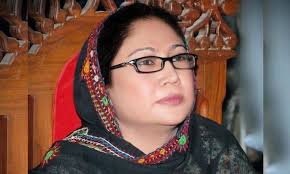
The urgency to finalize a replacement stems from President Zardari’s deteriorating health, which, according to those privy to internal deliberations, has significantly hampered his ability to carry out day-to-day official responsibilities. The matter was reportedly taken up recently during a high-level political meeting attended by key decision-makers.
During these consultations, it was acknowledged that the President’s declining health left little choice but to prepare for a transition in order to ensure the continuity of constitutional and ceremonial functions of the state.
PPP insiders indicate that once President Zardari formally steps down, the party aims to swiftly move through the constitutional process to have its nominee elected as the next president. The discussions within the PPP are being closely coordinated with coalition partners to maintain political stability amid the sensitive power dynamics in Islamabad.
While formal announcements have yet to be made, party sources emphasize that the process is being handled discreetly to avoid unnecessary political tremors. Meanwhile, observers note that any change in the presidency could also subtly impact the broader political landscape, including ongoing coordination between the federal government and the provinces, given President Zardari’s long-standing influence and political relationships.
For now, all eyes remain on the PPP’s internal consultations and the eventual formal move that would set in motion the process to elect a new head of state—an exercise that could shape the political narrative in the months ahead.
The Interior Minister Mohsin Naqvi has strongly rebutted widespread rumors concerning President Asif Ali Zardari’s resignation and any potential desire by the Army Chief to assume the presidency. In a statement posted on X (formerly Twitter), Naqvi denounced the speculation as a “malicious campaign” targeting President Zardari, Prime Minister Shehbaz Sharif, and Chief of Army Staff (COAS) General Asim Munir.
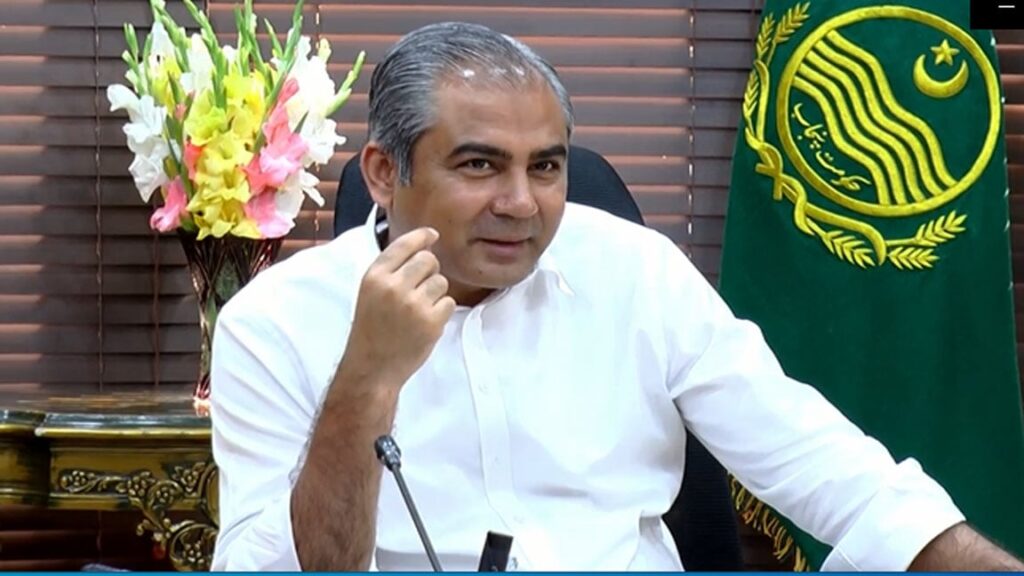
Naqvi clarified that the topic of President Zardari’s resignation has “neither been discussed nor proposed” at any level. He further asserted that the Army Chief harbors “no desire to assume the presidency” and emphasized the “dignified relations” that exist between the President and the military leadership.
The Interior Minister made it unequivocally clear that General Munir’s “sole focus is on putting the country on path towards progress and stability.” He warned those behind the “falsehoods,” stating that the government is fully aware of their identity and motives, including potential collaboration with “hostile foreign agencies.”
This strong denial comes amidst heightened speculation on social media about political changes and alleged constitutional amendments. The Pakistan Peoples Party (PPP) has also previously dismissed these rumors, reiterating that President Zardari is the duly elected head of state and the federal government relies on the PPP’s support. By Mian Sohail Iqbal














